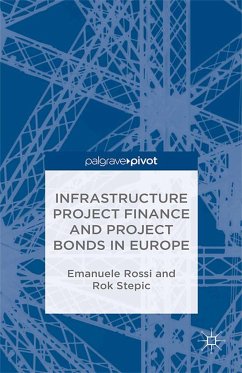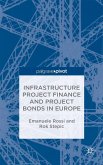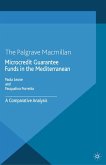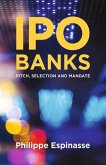Project sponsors in Europe are facing more and more difficulty when acquiring conventional long-term bank loans for infrastructure projects. The regulatory landscape for debt markets will evolve further with implementation of Basel III requirements. Recently, the Asset Quality Review under the European Central Bank's Comprehensive Assessment process, and related pressures on banks' balance sheets, have constrained bank long-term lending. This has led to much discussion on non-conventional bank funding options for infrastructure deals in the future.
This book analyses the project bond financing solution in detail, identifying all the specific features that make it highly suitable for large capital intensive infrastructure projects. The first part of the book assesses the main characteristics and prerequisites of project finance, including public-private partnership, infrastructure project assets and greenfield versus brownfield projects. It then discusses the European infrastructure project finance market in detail, before comparing bank conventional lending versus the project bond solution. In the final part of the book, the author presents the Europe 2020 project bond initiative, and reveals a range of key case studies and their findings.
This book analyses the project bond financing solution in detail, identifying all the specific features that make it highly suitable for large capital intensive infrastructure projects. The first part of the book assesses the main characteristics and prerequisites of project finance, including public-private partnership, infrastructure project assets and greenfield versus brownfield projects. It then discusses the European infrastructure project finance market in detail, before comparing bank conventional lending versus the project bond solution. In the final part of the book, the author presents the Europe 2020 project bond initiative, and reveals a range of key case studies and their findings.








